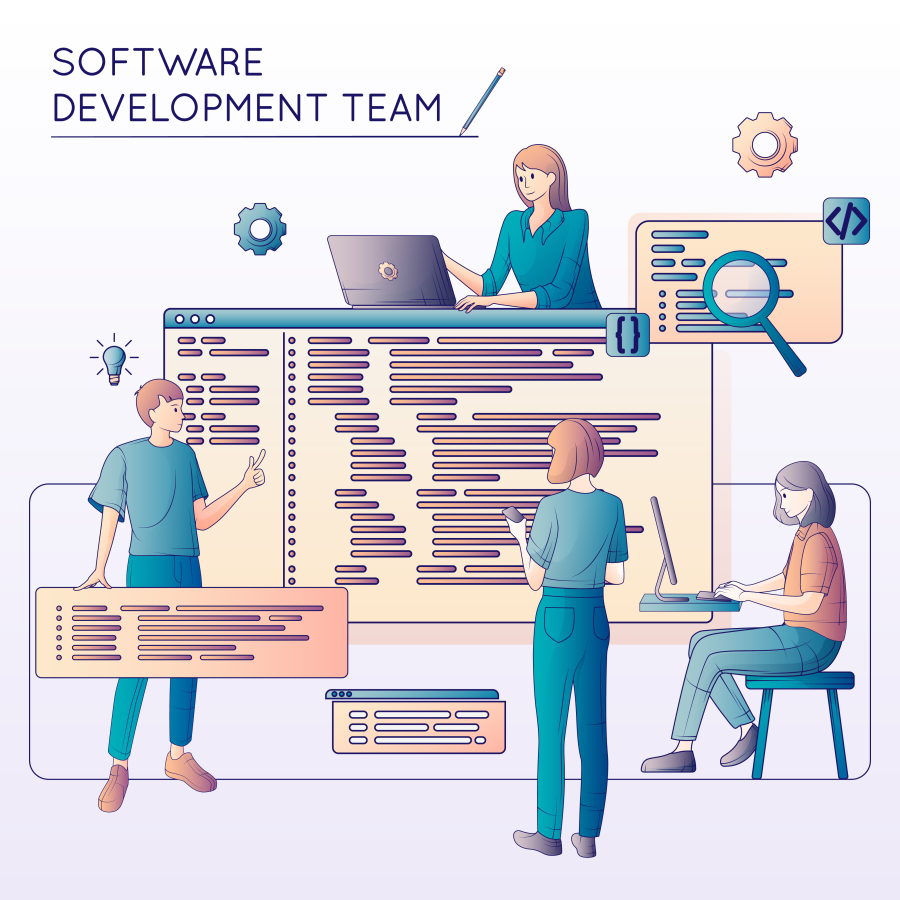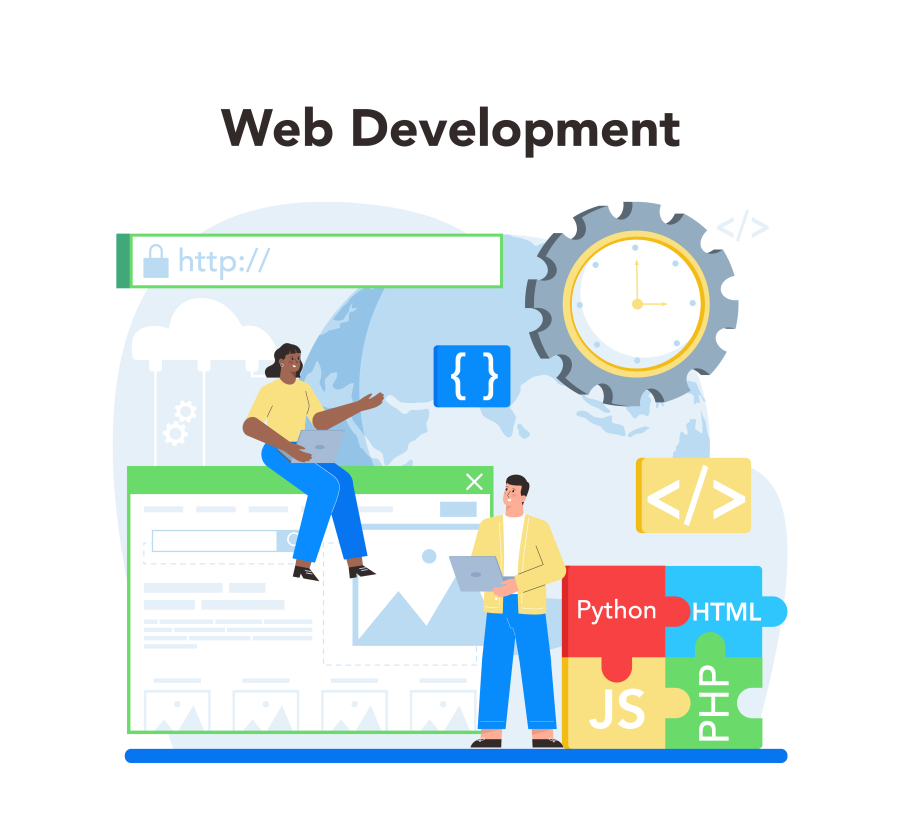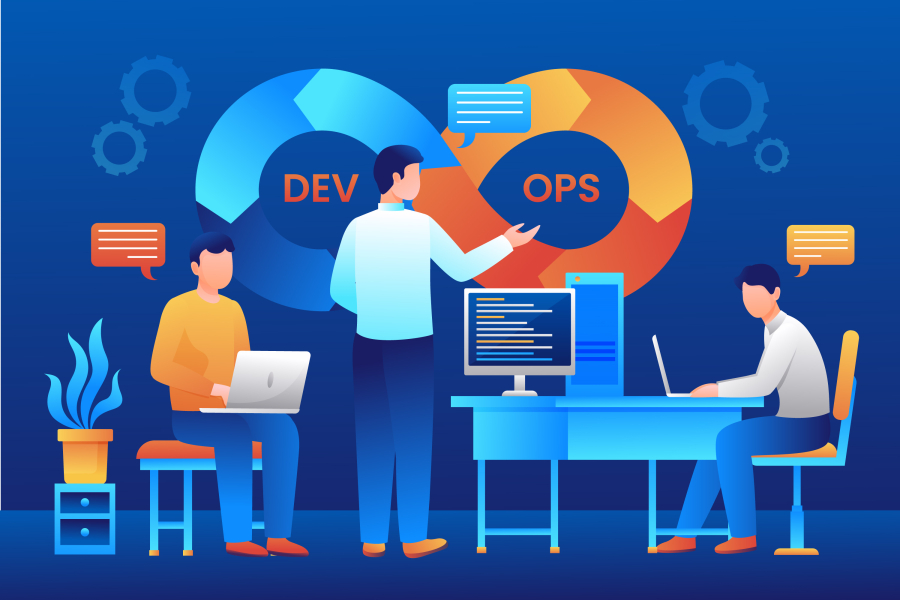How to Find Mentors and Communities for Freelancers
Freelancing offers independence, flexibility, and opportunities to work on diverse projects, but it can also feel isolating at times. Without guidance and support, navigating challenges, growing your skills, and building a sustainable career can be more difficult. Finding mentors and joining communities for freelancers is a proven way to accelerate professional growth, gain insights, and expand your network. Mentors provide personalized advice, while communities offer collaboration, accountability, and shared learning. Leveraging both can enhance your freelance career and help you overcome common obstacles more effectively.
Long Description:
The Importance of Mentors for Freelancers
Mentorship plays a critical role in personal and professional development. Mentors offer guidance based on experience, helping freelancers avoid common mistakes, develop skills faster, and identify opportunities for growth. A mentor can:
Provide actionable advice on client acquisition, pricing, and project management.
Share insights into industry trends and best practices.
Offer emotional support and motivation during challenging periods.
Working with a mentor accelerates learning and increases the likelihood of achieving long-term freelance success.
1. Identify Your Goals and Needs
Before seeking a mentor or community, understand your objectives:
Determine areas where you need guidance, such as marketing, technical skills, or business strategy.
Set short-term and long-term career goals to identify the type of support you need.
Consider whether you prefer one-on-one mentorship or group-based guidance.
Clear goals help you find mentors and communities aligned with your freelance aspirations.
2. Seek Mentors in Your Industry
Mentors are often found within your niche or field of expertise:
Connect with experienced freelancers, industry leaders, or former colleagues.
Use professional networking platforms like LinkedIn to identify potential mentors.
Attend conferences, workshops, or webinars to meet experts and expand your network.
Industry-specific mentors provide targeted guidance and insights that are directly applicable to your freelance career.
3. Leverage Online Freelance Communities
Online communities provide access to support, resources, and networking opportunities:
Join platforms like Reddit, Discord, Facebook Groups, or specialized freelancer forums.
Participate actively by asking questions, sharing experiences, and offering advice.
Look for communities that match your niche or target clients.
Engaging in online communities allows freelancers to learn from peers and stay updated on trends.
4. Participate in Local Networking Events
Offline communities and networking events can be highly effective:
Attend local meetups, industry conferences, or co-working spaces.
Connect with freelancers, entrepreneurs, and mentors in person.
Build relationships that may lead to collaborations, referrals, or mentorship opportunities.
Face-to-face interactions create stronger connections and foster trust within the freelance network.
5. Use Mentorship Programs
Formal mentorship programs offer structured guidance:
Many professional associations and freelance platforms provide mentorship opportunities.
Apply to programs that match your skills, goals, and availability.
Commit to regular communication and goal tracking with your mentor.
Structured programs provide accountability, clear expectations, and measurable growth opportunities.
6. Engage in Social Media Networking
Social media is a valuable tool for finding mentors and communities:
Follow and interact with industry experts on LinkedIn, Twitter, or Instagram.
Participate in discussions, comment on posts, and share relevant content.
Join social media groups dedicated to freelancers or your niche.
Consistent social media engagement can lead to mentorship connections and access to supportive communities.
7. Offer Value in Return
Mentorship and community engagement are reciprocal:
Offer assistance, insights, or resources to mentors or peers.
Share your skills, experiences, or successful strategies with community members.
Build genuine relationships rather than seeking help solely for personal gain.
Providing value fosters trust and encourages mentors and community members to support you.
8. Establish Clear Communication
Effective communication is critical for mentorship success:
Set expectations regarding frequency, preferred communication channels, and feedback style.
Be concise, respectful, and proactive in seeking advice.
Take notes and implement suggestions to demonstrate commitment.
Clear communication ensures productive mentorship relationships and maximizes learning opportunities.
9. Participate in Accountability Groups
Accountability groups help freelancers stay motivated and track progress:
Join or create groups of freelancers with similar goals.
Set regular check-ins to discuss challenges, achievements, and next steps.
Encourage honest feedback and celebrate milestones together.
Accountability groups maintain focus, provide motivation, and foster a sense of community.
10. Learn from Peer Mentorship
Mentorship is not limited to senior professionals; peers can also provide valuable guidance:
Connect with freelancers at similar career stages to exchange knowledge.
Share project experiences, challenges, and solutions collaboratively.
Support each other in skill development, client acquisition, and career growth.
Peer mentorship fosters collaboration, mutual learning, and networking opportunities.
11. Utilize Freelance Platforms for Community
Freelance platforms often include forums, discussion boards, or mentorship opportunities:
Engage with communities on platforms like Upwork, Fiverr, or Freelancer.
Participate in discussions about project management, client acquisition, and pricing strategies.
Connect with experienced freelancers to gain advice and insights.
Platform-based communities provide targeted support for freelancers actively seeking guidance.
12. Attend Workshops and Webinars
Workshops and webinars are excellent sources of mentorship and community engagement:
Participate in industry-specific sessions led by experienced professionals.
Ask questions and interact with speakers and attendees.
Follow up with contacts made during these events for long-term mentorship opportunities.
Interactive learning environments enhance skills while connecting freelancers to mentors and peers.
13. Commit to Lifelong Learning and Networking
Freelancing is an evolving career path, and continuous learning is essential:
Regularly update skills through online courses, certifications, and professional development.
Stay active in communities and maintain relationships with mentors.
Adapt to industry trends and incorporate new strategies into your freelance practice.
Ongoing engagement with mentors and communities ensures long-term growth, support, and career success.
Conclusion:
Finding mentors and joining communities is crucial for freelancers seeking professional growth, skill development, and meaningful connections. By identifying your goals, seeking mentors in your niche, engaging in online and local communities, and participating in structured programs, freelancers can gain guidance, support, and accountability. Active engagement, offering value, clear communication, and ongoing learning maximize the benefits of mentorship and community participation. Leveraging these strategies allows freelancers to navigate challenges, build their careers efficiently, and access opportunities that would be difficult to achieve alone.


 by Emily
by Emily




